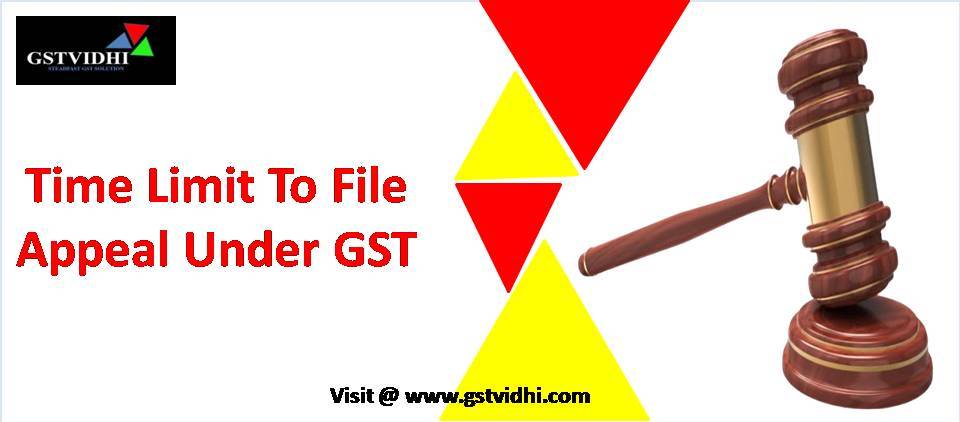
Case Title: M/s SPK and Co vs. The
State Tax Officer
Case Number: W.P.(MD)
Nos. 27787 and 27788 of 2024
Date of Order:
22.11.2024
Court: Madurai
Bench of the Madras High Court
Judge:
Honourable Mr. Justice K. Kumaresh Babu
Summary of the Case: This case revolved around the interpretation of the appeal
period under the GST Act, 2017. The petitioner, M/s SPK and Co, challenged two
assessment orders and subsequent rectification orders issued by the State Tax
Officer. The primary issue was whether the period for filing an appeal should
be counted from the date of the original assessment orders or from the
rectification orders.
The petitioner argued for the latter interpretation,
claiming the appellate authority should reckon the limitation period from the
rectification order date to ensure fair access to appeals. The court agreed,
providing clarity on the matter.
Facts of the Case
1. Background: M/s SPK and Co, a partnership firm, was issued assessment
orders for two financial years:
·
FY 2019–2020: Original assessment
order dated 07.08.2024.
·
FY 2022–2023: Original assessment
order dated 07.08.2024.
Dissatisfied with the assessments, the petitioner filed
rectification applications under Section 161 of the GST Act, which were
rejected on 12.11.2024.
2. Show-Cause Notice Dispute: The petitioner argued that the original show-cause notices
were vague and relied on a prior judgment (MD Electric Co vs. State Tax
Officer), where such notices were deemed insufficient for assessment purposes.
3. Limitation Period Concern: The petitioner apprehended that the appellate authority
would calculate the appeal limitation period from the date of the original
assessment orders (07.08.2024), which would make their appeals time-barred.
Submissions by the Parties
Petitioner (M/s SPK and Co):
1. Challenge to Vagueness: The petitioner argued that the show-cause notices were
vague, rendering the entire assessment process invalid.
Cited MD Electric Co vs. State Tax Officer, where vague
notices were set aside by the court.
2. Limitation Period for Appeals: Asserted that the limitation period should begin from the
date of the rectification orders (12.11.2024) since the rectification
applications merged with the original assessment orders.
Respondent (State Tax Officer):
1. Defending the Orders: Stated that the petitioner had responded to the show-cause
notices in detail, implying that they were clear and actionable.
The assessment orders were passed after considering the
petitioner’s replies
2. On Limitation Period: Argued that the original assessment orders remained the
primary decisions, and the limitation should logically begin from their dates.
Findings of the Court
1. On Vagueness of Show-Cause
Notices: The court noted that while the
petitioner claimed vagueness, they had responded to the notices with detailed
replies.
Therefore, the argument of vagueness could not be sustained
in the present writ petitions.
2. On Limitation Period for Appeals:
Section 161 of the GST Act allows
rectification applications to address errors in original orders. Any
rectification made merges with the original order.
The court held that the limitation period for appeals should
begin from the date of the rectification order (12.11.2024), as this was the
final decision in the matter.
Judgment
1. Disposal of Writ Petitions: The court disposed of the writ petitions, granting liberty
to the petitioner to file appeals against the original assessment orders.
2. Direction on Limitation Period: It was clarified that the limitation period for filing
appeals should be calculated from the date of the rectification orders
(12.11.2024).
This ensured that the petitioner’s appeals would not be
rejected as time-barred.
3. Miscellaneous Petitions: All connected miscellaneous petitions were closed with the
writ petitions.
Conclusion: The court provided a balanced decision, protecting the
petitioner’s right to appeal while upholding procedural fairness. This judgment
clarifies the application of limitation periods under Section 161 of the GST
Act, ensuring no undue hardship for taxpayers.
Disclaimer: All the Information is based on the notification, circular and order issued by the Govt. authority and judgement delivered by the court or the authority information is strictly for educational purposes and on the basis of our best understanding of laws & not binding on anyone.
Click here